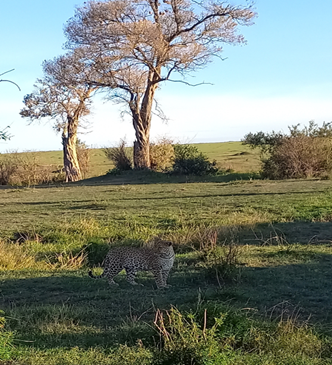Data Collection in Bhutan
Data collection for student research projects is in full swing. The enthusiasm students have for the field research demonstrates why they chose the SFS Himalayan Studies program in Bhutan. Students’ excitement for learning through research and their desire to contribute to the knowledge base on different biophysical and socioeconomic aspects of the country is remarkable.
One of the groups embarked to the forest at 8 pm on a dark night to capture and collect data on frogs on the Ugyen Wangchuck Institute for Conservation and Environment (UWICE) campus. For many, this was probably their first real field research experience. The students caught over 19 frogs searching through the puddles in the forest, and they collected required data from the specimens. I could see their drenched outfits, covered with mud, after tireless work in the night, but still excitement showed in their faces. The next day, almost every student was talking about how interesting “frogging” was. This activity further enhanced the enthusiasm of other students to do best in their work as well.

At breakfast, groups sat together and discussed the fascination of their own research. The community forestry research group and the group studying socioeconomics aspect of cordyceps were very curious about talking to local people and learning their views for addressing their research questions. To talk to people who did not speak English was not very easy. Though we had interpreters to help them ask questions and understand responses from local people, students were aware that it may not be that simple to obtain true information unless researchers themselves can assimilate in the community. We saw students learning several greeting terms in dzonkha from our local staff – you could hear students mumbling, though in a strange accent, Kuzuzampo la (Hello, How are you?), Karinche (Thank you), Lob jege (See you soon).
In another corner, a group monitoring water quality was busy setting up their instruments – sometimes frustrated for not being able to calibrate some tools. Later, smiles on their faces clearly indicated that they were all set and ready to inform the community of Jakar about the quality of water they have been using for their daily activities – drinking, irrigation, cooking, and for livestock use.

It was a moment of great pride for me to have such a motivated, intelligent, and thoughtful students who strive to work for positive change while in this program. I believe that both UWICE and Bhutan will benefit from the research work they do and the cultural exchanges that happened by the interactions they had with the local people in Bumthang.
Tashi Delek!
Related Posts

Restoration on a Cinder Cone: A Syntropic Story

Camila Rojas: Alumni Spotlight⭐
